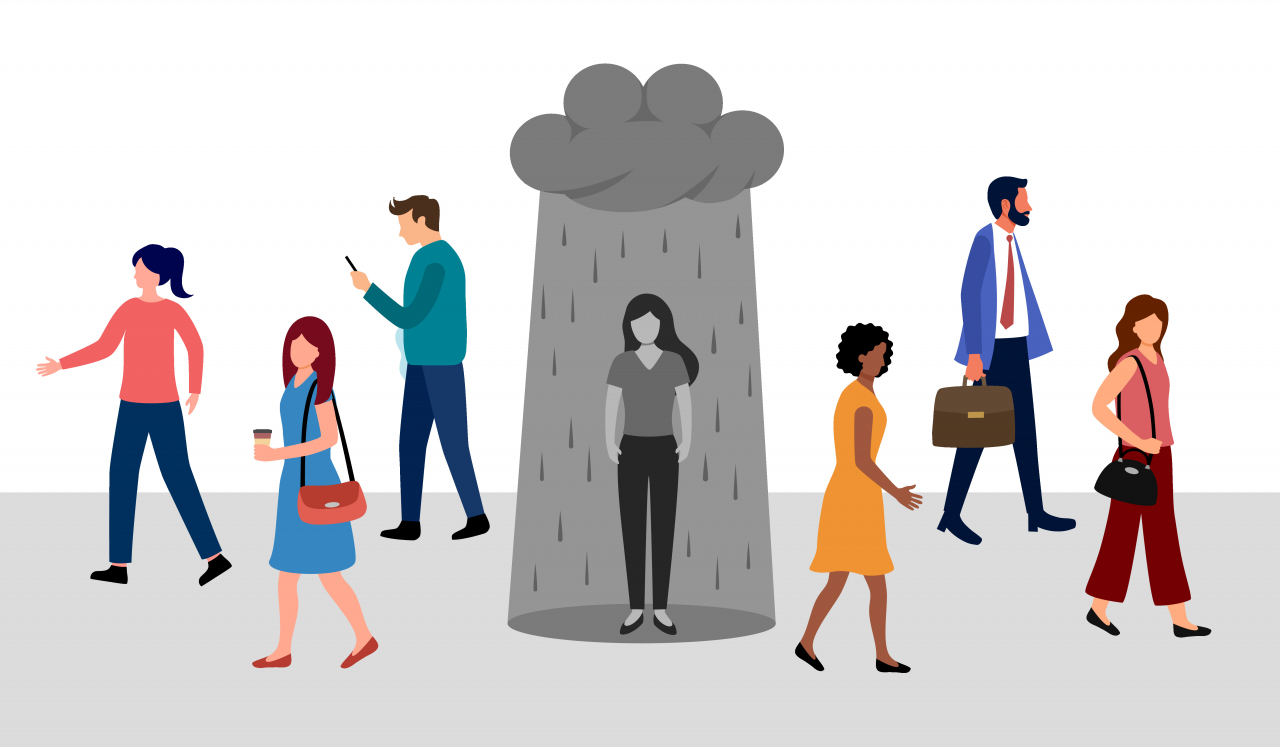 |
(gettyimagesbank) |
Five out of 100 South Koreans aged 19-34 are effectively isolated from society, a new study shows.
According to the Korea Institute for Health and Social Affairs, the incidence of isolation among youth stood at 5 percent as of 2021. Compared to its previous survey conducted in 2019, before the COVID-19 outbreak, the figure has significantly risen from 3.1 percent.
The researchers define "isolation" as the state in which an individual maintains no meaningful social interactions with people other than their cohabitating family members or people with whom they communicate in their line of work, as well as having no support system to turn to in times of need.
Of such isolated youth, some 17.2 percent were “very unsatisfied” with life, compared to only 4.7 percent of their non-isolated peers. Taken together with those who said they were “unsatisfied,” the percentage of isolated youth who expressed their dissatisfaction with life came to 44 percent.
A cross-generational analysis showed that older people are more likely to be isolated. The incidence of isolation among people aged 50 to 64 was 6.6 percent, while it rose to 8.3 percent among those 65-74 and 10.5 percent among those aged 75 or older.




![[Herald Interview] 'Trump will use tariffs as first line of defense for American manufacturing'](http://res.heraldm.com/phpwas/restmb_idxmake.php?idx=644&simg=/content/image/2024/11/26/20241126050017_0.jpg)

![[Health and care] Getting cancer young: Why cancer isn’t just an older person’s battle](http://res.heraldm.com/phpwas/restmb_idxmake.php?idx=644&simg=/content/image/2024/11/26/20241126050043_0.jpg)
